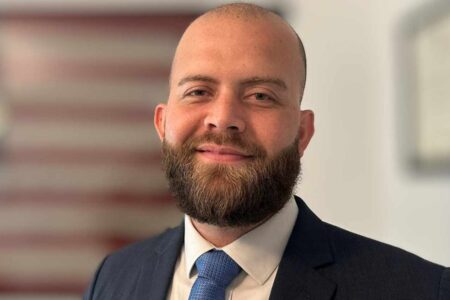
Share On Social!
In 2013, Bill de Blasio campaigned for the office of mayor of New York City (29% Latino population) on the promise of universal pre-K. A little over three years later and the city enrolls more children in full-day pre-K than any other state besides Georgia. The preschool enrollment of New York City exceeds the total number of students in San Francisco or Boston.
“It’s the hardest thing I’ve ever been a part of,” said deputy mayor Richard Buery, who oversaw the pre-K expansion, in an interview to The New York Times. “Every aspect has been a challenge.”
Two thousand teachers had to be recruited, 3,000 classrooms had to be opened, and 300 community providers had to be vetted as partners. More work still had to be done to ensure that the program was a success. The city decided to make the program available to all children, no matter the income level.
A study of Boston’s preschools found that poor and middle-class children that attended pre-K did better on literacy and math tests and were more socially and emotionally advanced. The city mounted a door-to-door campaign to persuade parents in poorer precincts of the value of what the city was offering.
Quality was the draw for the parents. A program that offered one well-trained teacher for every 10 students, supported by coaches and social workers that knew how to talk to rather than at students was key to the success of the initiative. This type of quality costs a substantial amount of money—$9,076 per student per year according to two studies. Florida is the only other state to deliver preschool on a scale comparable to New York.
Citywide, nearly 60% of all four-year-olds in universal prekindergarten go to a nonprofit-run school. Some are little more than daycare centers. However, due to training, they are greatly improved. Another aspect that has made the program a success has been the pre-K program administrators’ commitment to data collecting and analyzing. Independent research firms have been contracted to analyze the data collected and deliver the results so that school systems and institutions can make improvements.
“New York’s approach is a model for how to collect and analyze data to inform practice, to bring the system to the highest quality,” said Pamela Morris, a professor at New York University who is studying how well teachers are using a rigorous new math curriculum.
The city’s preschool program scores higher than the national average on assessments of the learning environment, according to data prepared by an independent research group as well as appraisals of the all-important interactions between teachers and kids.
Read more about the story here.
Share this story on Twitter: NYC’s universal preschool initiative has been a model of success. #SaludAmerica http://salud.to/1TixPWh @SaludToday
Explore More:
Healthy Families & SchoolsBy The Numbers
142
Percent
Expected rise in Latino cancer cases in coming years



